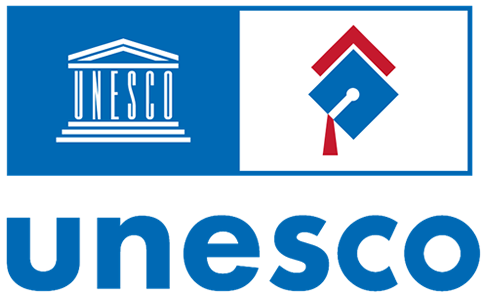Towards a Culture of Openness: Raising Awareness and Enabling Policy in Higher Education in Latin America
Abstract
In the current knowledge society, ICTs offer the opportunity to access and share knowledge in ways never seen before. The world is witnessing a transformation towards a culture of openness. Research, teaching and learning practices are changing towards a ubiquitous, collaborative, and connected practice. This new culture of openness demands a new role from higher education institutions (HEIs) and all the actors involved. The open access movement and the open educational resources are having a strong impact in education and represent an alternative to face the knowledge society challenges. They are proving to be an opportunity to adopt innovative teaching and learning practices, to improve the acquisition of critical thinking and learning skills, and to enhance research communication. They present a chance to commit to education as a truly social and public good. In the past years, OA and OER initiatives have expanded rapidly, mostly in developed countries. In Latin America, the involvement has been much smaller and slower. In this article, we analyze the state of the OA movement and OER initiatives ten years from their beginning. We review some examples that mark out a \next generation. of the open access. We address the lack of awareness as the major challenge impeding Latin America to get more involved in the movement. Finally, we identify the need for more active leadership from stakeholders and the need for implementing policies to support the sustainability of the OA and OER in this region.
Copyright notice
Copyright allows the protection of original material, and curbs the use of others' work without permission. UNESCO IESALC adheres to Creative Commons licenses in the open access publication of ESS. Specifically, texts published in this journal are subject to a Creative Commons Attribution-NonCommercial 4.0 International (CC BY-NC 4.0) license: ESS is an open access journal, which means that all content is freely available to the user or their institution. Users may read, download, copy, distribute, print, search or link to the full text of the articles, or use them for any other lawful purpose, without asking prior permission from the publisher or the author, always making sure to cite the author. Commercial use is not permitted. ESS requires authors to accept the Copyright Notice as part of the submission process. Authors retain all rights.
The full license can be found at https://creativecommons.org/licenses/by-nc/4.0/
 Attribution - NonCommercial (CC BY-NC 4.0)
Attribution - NonCommercial (CC BY-NC 4.0)
This journal does not charge authors for the submission or processing of articles. The authors of the contributions will receive acknowledgment of receipt that the work has reached the Editorial Team of the Journal.




.png)
